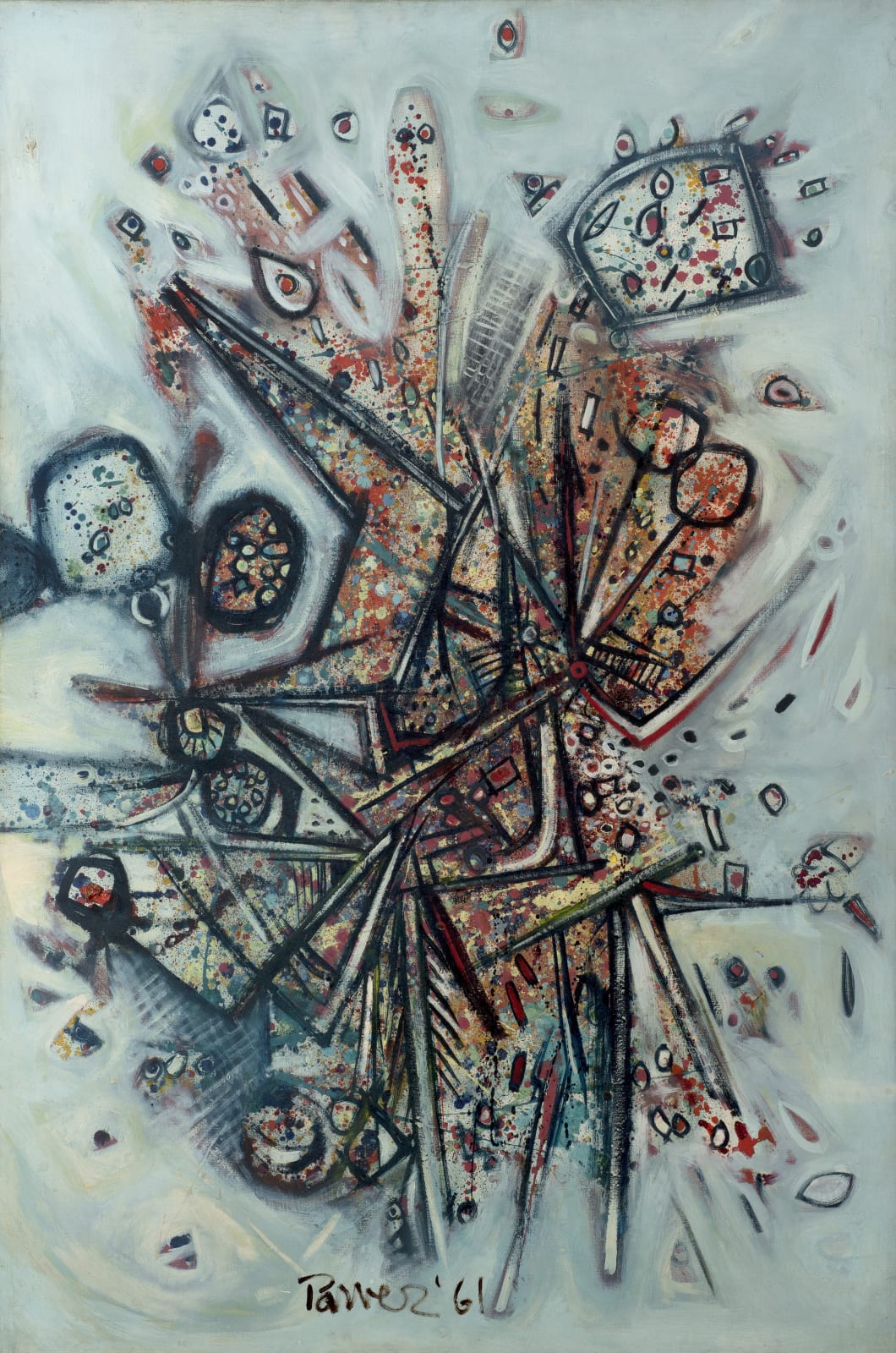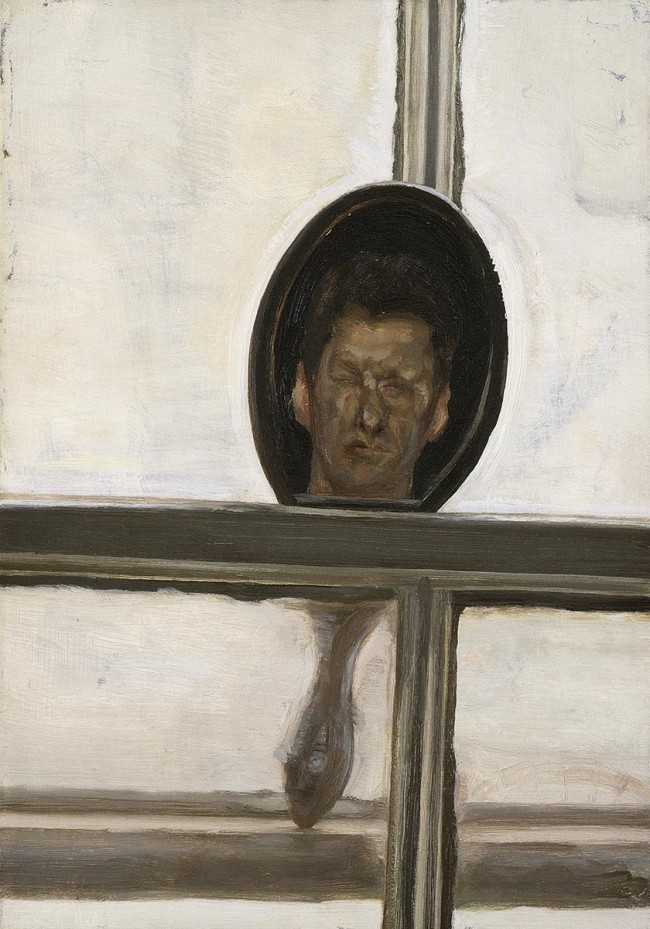
It started on a bitter note.
“This one is for girls,” said my sister, about her old Ladybird cycle we found in the storeroom. Despite the saliva gathering in my mouth, I kept silent and declined to comment on how it does not matter to me. I want to learn how to ride that bicycle. I do.
We brought it down from the second floor to everyone’s surprise. We got it repaired because I kept on with my desire.
I want to learn how to ride the bicycle. I used to ride one while growing up, with training wheels attached to it. Everyone thought that I would eventually find my balance and manage without that support. I did not. As in life, I shelved the plan when I could not succeed. I did not try hard enough. No one complained as they did not want me to get hurt, even though I was hurting enough.
The same thing happened with my car driving lessons. I knew what was what, how to change gears and when to release the clutch, the foot pressure required for the accelerator, the simple demands of the steering, and the much-dreaded brake. But I let it go when my father or sister would create a clamour even at a tiny mistake. They said they were protecting me.
They were protecting me. I let it all go, I gave up too easily, too soon, too much that I did not know what it meant to let it go.
I want to ride a bicycle. My sister accompanied me to the dusty unlevelled ground near my home. It is the go-to place for all the major events and occasions here — the Ramlila and the Dussehra, the many fairs and festivals before the pandemic, the Parents’ Devotion Day (a “cultural” offering instead of Valentine’s) as well as storage space for the stray cows captured by the municipality and a dumping ground for mud water drained from the easily-flooded streets during monsoons.
So, it began. The bike looked almost new through my foggy glasses. The rust glistened in the late afternoon sun, and the black dotted seat seemed repulsive. I took it, tried to lift myself from the ground for the first time since forever, and let my right foot on the pedal. I tried, but it did not budge.
“Put more pressure,” she said. I did. It moved a little, but my left foot could not hold on to the other pedal. I tried again. The handle became slick with my palm sweat, and the pointed seat kept on jabbing me in the groin.
I tried it again. She grabbed onto the rear seat to create the balance that I did not know would ever be mine. I needed to focus on pedalling so that I can at least learn to move again, tread this patch of land and transfer my weight to carry me onward. I managed to cover about 100 meters with the cycle swerving left and right and my wrists totally out of control of the situation. Finally, I rested my feet on the ground.
My sister was heaving behind me. She had to run to keep pace with me, never letting go of the fucking bicycle.
I was disappointed. Before we came, I had a theory in mind that I just need to get on it, feel it beneath me and with me to be able to ride it — no practice, no sweat, no balance, no support. “I will do it just like that,” I had told myself.
I let go of the bike. It was my turn to support her. She had not ridden it in many years, and she was somewhat afraid. She fumbled the first couple of times, not moving even when I kept ahold from behind. I kept on motivating her to let go (the opposite of mine), reach out and grab it from her memory and leave the rest to me.
It worked. I held on to it for a little distance and then stepped back. She kept on cycling without realising that no one was behind her for long. That is what I needed to do, I told myself. Use the support as a leeway to begin until I can find my balance within.
I copied her. I did what she asked me to do. Another half an hour and I was reeling with the effort with nothing much to show for it. The pedals stilled whenever my calves failed to function, and my shoulders became numb to this exercise. We left for the day.
“You need to do it at least for a week to make it work,” she said. I followed her advice and so, we went the next day. I was, if anything, worse. I tried to lift myself off the ground by keeping one foot on the pedal and sprinting with the other leg. Alas! I could not find that moment of release. My body was working against me. I blamed it on my lack of flexibility since I stopped practising yoga.
I let go. Not deliberately. It just got sidelined with other things taking precedence. I let go when I already had nothing, and fell into my careless routine. The job applications and story pitches gathered dust with no reply or a short reply or a half reply in my mail. My friends’ messages seemed unfamiliar, their voices unrecognisable, the names of the cities where I found them (along with some of my parts) disappearing from my lips. I could not bother, as I fled to the other universes of books and TV series.
A character I identified with learned to ride a bike in the matter of a minute on my laptop screen. Their life took a turn in other ways. I felt my failure growing stronger. My room and body turned into a small cage, chiding me and making me question myself.
After ten days, I hesitantly asked my sister if she would go back with me. We repeated the same things, similar protocols and guidelines and balancing strategies. After a quarter of an hour passed, I asked her to stop holding on to me, to give me space, to leave me even if I fall. I won’t get hurt with the brake on my command and my long legs to place me on the ground, if not above it. She came in the way; she was hesitant and did not let go.
I always had trouble to be myself, being the third child and the only son (assigned male at birth). Everyone wanted to cushion me from all the hurt, protect me from life and death, save me from the world. Unfortunately, they could not shield me from themselves. I rebelled, I made some strange decisions. I found my space outside when I did, never trusting them to understand what I need. They have been there with their somnolent arms to cushion me when I fall. I fall too often.
I needed to fall on my terms. I needed to let go.
There was no epiphany. Nothing remarkable happened. I stayed stubborn and kept on trying and trying for long, and I managed to carry myself forth on the cycle. I realised it suddenly, which made me come to an abrupt stop. But I managed to cover some distance on my own.
Another half an hour of halting and starting, pedalling and sweating, and I did it again. I found some balance. We came back the next day and the day after that. Three days, many stumbling blocks and I took my first round of the entire ground, albeit with some sudden stops in between.
The balance was within me like I always thought, but I was the one keeping myself from attaining it. I learned to ride a bicycle. I am learning to be better so that I can move out and cycle away. Away.
Sometimes, I lose my mind and end up hitting the stones that the kids use to make wickets for their cricket matches. I get tired soon, the gravity works against me, and I end up getting stuck in sand and mud. I swerve too much at times, here and there, left and right, almost falling but my legs save me. I end up erect by placing myself on the ground when I can not go on anymore.
I am where I am supposed to be. It is only here that I can keep finding the balance till I am ready to take my stand and leave.
While cycling here, I am letting go in a new way. It is a different time. I am learning what it means to me while hoping that I will reach somewhere.
…
This is the fourth in my #Trash essay series. You can check out the previous essays under #Trash: A Series of Essays. This is a different kind as compared to my previous pieces as it’s mostly internal with no references and quotes to make it more universal. I kept on procrastinating and therefore, I did not have a lot of time to edit the piece. It is quite raw and I’ll be making future edits and trimming it a bit. Let me know what you think about it, when you learned to ride a bicycle or your experience with attaining balance, as well as reading recommendations for personal essays and memoirs. I welcome your feedback and topic suggestions to continue this series.
If you liked this piece or anything I have ever written, I would appreciate if you would share it with others in your circle and show your support by making a contribution at Buy me a coffee (it accepts Paypal as well as UPI payments). Thank you.






